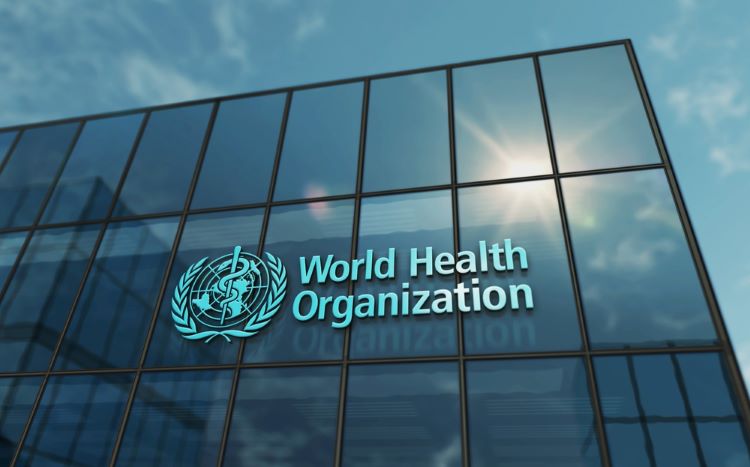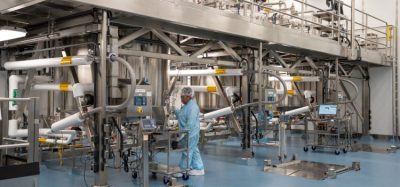WHO initiative to enhance biomanufacturing in LMICs
Posted: 19 February 2024 | Catherine Eckford (European Pharmaceutical Review) | No comments yet
A new World Health Organization (WHO)-driven initiative aims to enhance bioproduction capabilities for biological products in low- and middle-income countries (LMICs).


Credit: Skorzewiak / Shutterstock.com
The World Health Organization (WHO) has launched a new Biomanufacturing Workforce Training Initiative to help overcome challenges within the biomanufacturing sector in low- and middle-income countries’ (LMICs). The programme aims to support the limited capacity within the industry in LMICs.
Another goal of the initiative is to manage the shortage of a qualified workforce in the production of biological products, such as vaccines, and monoclonal antibodies (mAbs).
What will the biomanufacturing initiative involve?
Discussing its Biomanufacturing Workforce Training Initiative, the World Health Organization noted that these products demand specialised expertise and extra measures to ensure the products produced are of high quality, safe and efficient. So, an adequately trained workforce in LMICs is important.
The Biomanufacturing Workforce Training Initiative will be upheld by three pillars:
- Existing capacity building activities within the Organisation
- Global Training Hub for Biomanufacturing (GTH-B)
- Regional training centres.
Recognition of the vulnerabilities of the global supply chain were brought into focus by the COVID-19 pandemic, particularly the access challenges of essential medical products in LMICs. WHO stated that with global manufacturing capacity limited to just a few countries and regions, this highlighted the “urgent need for equitable solutions.”
Supporting development and manufacture of biological products
Since being established in 2023, the GTH-B offers training programmes to LMICs to build biomanufacturing workforce capacity, supporting the development and manufacture of biological products like vaccines and cancer medicines, WHO shared. Various programmes offer hands-on training in manufacturing facilities and courses in manufacturing best practices and vaccinology.
The Biomanufacturing Workforce Training Initiative is coordinated by the Local Production and Assistance (LPA) Unit, on behalf of the Access to Medicines and Health Products (MHP) Division at WHO, in close collaboration with the WHO Academy and WHO Science Division.
The bioproduction-focused initiative is coordinated and managed by the Unit Head of the Local Production and Assistance Unit (LPA/RPQ/MHP/WHO), Dr Jicui Dong. The WHO Academy and WHO Science Division also support the biomanufacturing programme through close collaboration, the Organisation confirmed. The GTH-B was set up in collaboration with the Republic of Korea.
Related topics
Biologics, Biopharmaceuticals, Bioproduction, Drug Manufacturing, Drug Markets, Drug Supply Chain, Industry Insight, Manufacturing, Production, Supply Chain, Therapeutics









